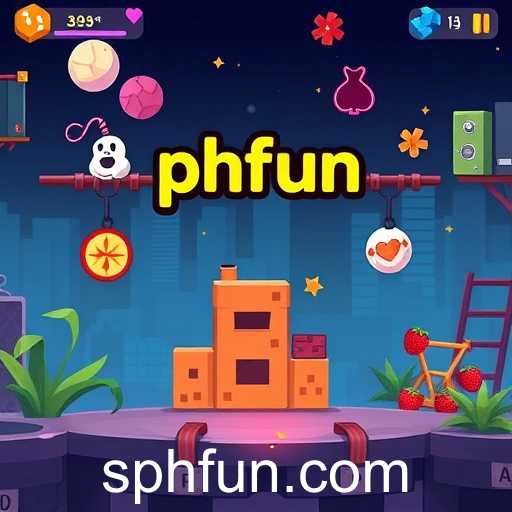In recent years, online gaming websites like 'phfun' have seen a remarkable surge in popularity, captivating audiences of all ages around the world. The year 2025 continues to witness this trend, with gaming communities playing a pivotal role in shaping digital culture and facilitating social connections across virtual platforms.
The success of platforms such as 'phfun' lies in their ability to create engaging and interactive experiences for users. These platforms offer a wide range of games, from massive multiplayer online role-playing games (MMORPGs) to simple puzzle games, catering to different preferences and fostering a sense of community among players. As technology evolves, so too does the sophistication and accessibility of online gaming, making it an integral part of the entertainment landscape.
A key factor driving the growth of these communities is the development of immersive technologies such as virtual reality (VR) and augmented reality (AR). These innovations enhance user experience by providing realistic interactions within digital environments, further blurring the lines between reality and online spaces. As players explore these virtual worlds, they build meaningful relationships and share experiences that transcend geographical boundaries.
Apart from entertainment, gaming communities also serve as platforms for cultural exchange and individual expression. Players from diverse backgrounds can connect, collaborate, and share their perspectives, contributing to a richer online ecosystem. Furthermore, these platforms often become arenas for e-sports competitions and events, attracting global audiences and offering lucrative opportunities for gamers and content creators alike.
However, the rapid expansion of online gaming communities isn't without challenges. Issues such as digital addiction, privacy concerns, and cyberbullying remain pertinent. It is vital for developers, regulatory bodies, and users to work collaboratively to address these challenges and ensure a safe and inclusive digital environment for all participants.
As we look to the future, platforms like 'phfun' will certainly continue to innovate, influencing broader digital trends and societal dynamics. The fusion of entertainment and community building embedded within these games highlights the transformative potential of online gaming as a medium for global connections and interaction. The ongoing evolution of these spaces is a testament to their integral role in the modern digital age.








